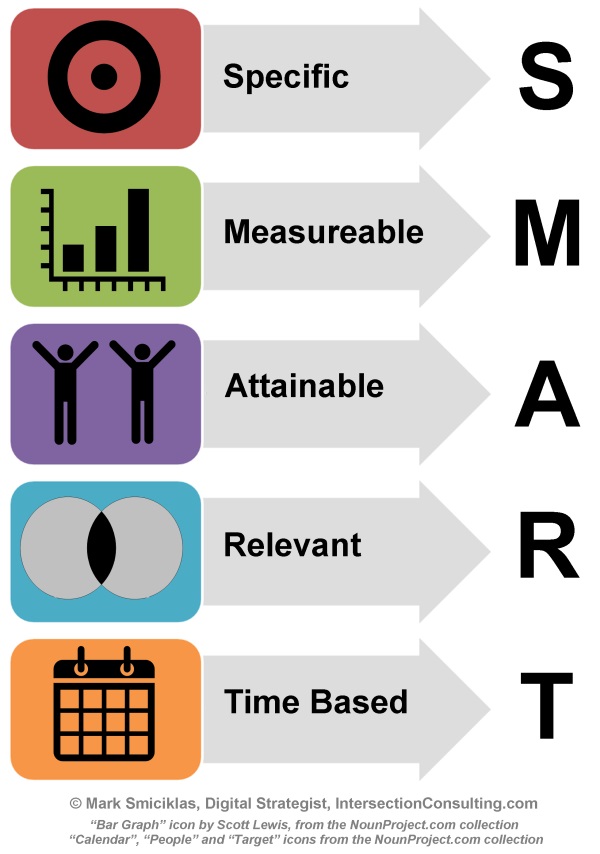A Coaching Model Created by Valerie Lim
(Executive and Leadership Coach, SINGAPORE)
Your time is limited, so don’t waste it living someone else’s life. Don’t be trapped by dogma – which is living with the results of other people’s thinking. Don’t let the noise of other people’s opinions drown out your own inner voice. And most important, have the courage to follow your heart and intuition. They somehow already know what you truly want to become. Everything else is secondary. Steve Jobs, Co-Founder of Apple Inc.
 The Entrepreneurship Coaching Model is a practical 5-step framework on starting up a new business. It is a natural progression of Sir John Whitmore’s highly effective GROW model. This coaching model will appeal to those who want to work for themselves but lack the know-how, confidence and support in doing so. It is targeted at future & current entrepreneurs, and anyone else who needs guidance in starting up their own business.
The Entrepreneurship Coaching Model is a practical 5-step framework on starting up a new business. It is a natural progression of Sir John Whitmore’s highly effective GROW model. This coaching model will appeal to those who want to work for themselves but lack the know-how, confidence and support in doing so. It is targeted at future & current entrepreneurs, and anyone else who needs guidance in starting up their own business.
This model can be used in a private or group coaching format.
It is designed to help the client:
While the framework is very much solutions-driven, the coaching conversation centres squarely on the client, with the belief that the client is creative, resourceful and capable of finding his own answers.
My role as coach is to discover and unfold my client’s genius; to bring out the best in him. I am committed to offer clarity, motivation, enthusiasm and energy to enable my client to thrive and realise his business goals.
Step 1: Understand the Vision
We begin by understanding the client’s purpose and objective for coaching and its desired outcome. What are his expectations from coaching? What does he hope to achieve from this alliance? I will encourage the client to share his dream or vision for his new business idea. How did he get the business idea? Why is he venturing out on his own instead of joining the corporate world?
I will examine the client’s idea of success to get a better understanding of his motivation.
I will assure safety and confidentiality of the coaching space and the coaching contract is established by defining roles; and frequency, length & format of sessions.
Some useful coaching questions:
- What do you want to accomplish through this coaching relationship?
- What is the business exactly? How did the idea come about?
- If you were wildly successful beyond your dreams with this, what would that look like?
- What is the legacy that you would like to leave behind?
Step 2: Set the Goals
We will establish the goal(s) that the client wants to achieve by the end of the session. Where there is more than one goal, the client will be asked to prioritise according to the importance and urgency of his goals. To ensure focus and effectiveness, we will apply the principles of SMART goal setting:
 A development plan will be created that will work towards achieving these goals. Milestones will be set to make these goals feel more attainable. I will ask the client what the outcome of achieving these goals will be for him.
A development plan will be created that will work towards achieving these goals. Milestones will be set to make these goals feel more attainable. I will ask the client what the outcome of achieving these goals will be for him.
Typical coaching questions:
- What do you most want to talk about today?
- What specifically do you want to accomplish from today’s session?
- How can we make that goal measurable so we know you’ve achieved it?
- How can you break that goal into bite-sized pieces?
Step 3: Examine the Reality
Here we examine the reality of the current situation to uncover the key coaching issues and needs. Determine the client’s knowledge, skills, abilities & experience in operating his own business. Is the business idea viable based on the client’s strengths and passions? Is he staying true to his core values? Are there limiting or negative underlying beliefs that may be holding the client back?
Some useful coaching questions:
- What events or choices led you to this place?
- What are some useful qualities you already have that will help you move towards your goal?
- What are you passionate about?
- What are you willing to endure to see your goal become a reality?
Step 4: Build the Plan
If I had to select one quality, one personal characteristic that I regard as being most highly correlated with success, whatever the field, I would pick the trait of persistence. Determination. The will to endure to the end, to get knocked down seventy times and get off the floor saying, Here comes number seventy-one!
Richard DeVos (born 1926) American businessman
It is essential for the client to understand that the business plan is a living breathing blueprint of his strategy for developing and propelling the business forward. A good business plan requires constant reviews, updates and revisions.
We begin by determining the unique proposition/offering. What’s special about the client’s product/service? How does it stand up against the competition? If there is a particular area or skill that the client is passionate about, we will discuss the opportunity of specialisation or niching. For example, a small business owner may decide to offer only lavender body-care products instead of all kinds of toiletries; or a coach may decide to position himself as a Health & Wellness coach instead of general Life coaching. Specialisation and niching of a business can offer more focus and help the client better position his business.
We will work with the client to put together a detailed marketing strategy and implementation plan, and work out the financial projections, including sales forecasts, overheads and cash flow that will keep help the business on track. Are investments or loans required? Can he farm out book-keeping and website development? Does he need a physical office or can he consider a virtual office? Examine company formation options.
It is a known fact that as many as 50% of business start-ups fail in the first two years due to a diversity of issues: poor business planning, weak marketing, lack of financing, uncertainty, isolation, etc. In the face of such obstacles, who can the client enlist help from? How will the client navigate through ambiguity, risk and uncertainty?
Where necessary, I will offer my perspectives as a coach to suggest alternative options and opportunities.
Some useful coaching questions:
- If you had unlimited resources and didn’t have to worry about anything, what would you try?
- What would you do if you weren’t answerable to anyone?
- What’s the worst thing that can happen and how would you handle it?
- Could I offer consequences to consider?
Step 5: Review & Evaluate
In follow-up sessions, we review to see what is working well and what needs adjustments. We evaluate to check if things are moving in the right direction. If not, the Business Plan can be reviewed and adjusted accordingly. Throughout the coaching process, we check for any underlying beliefs, assumptions or doubts that might derail the client’s plans.
Some useful coaching questions:
- What’s stopping you from taking action?
- If you approached this with courage, how could your business change?
- What’s the emotional cost vs the financial cost?
- How can you solve this problem so it never comes back
In conclusion, the Entrepreneurship Coaching Model builds on the entrepreneurial spirit, bringing the client from `good’ to `great’. It will challenge, probe, encourage, facilitate and hold the client accountable to move forward to his dream of starting his own business.
Reference:
“Coaching Questions: A Coach’s Guide to Powerful Asking Skills” by Tony Stoltzfus
“101 Incredible Coaching Questions” by Julia Stewart; retrieved from http://www.schoolofcoachingmastery.com/coaching-blog/bid/54576/101-Incredible-Coaching-Questions on 15 April 2014